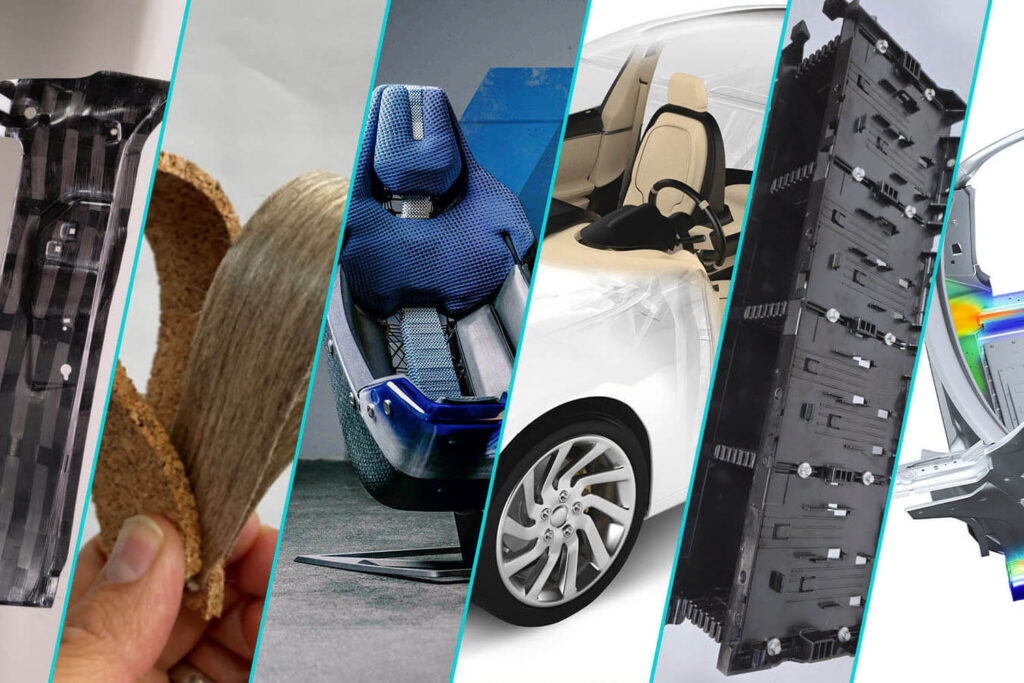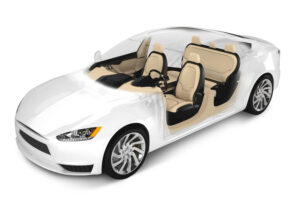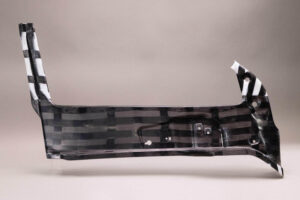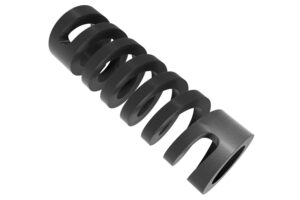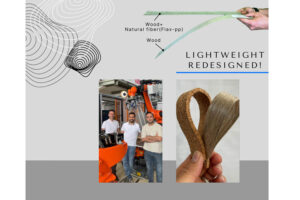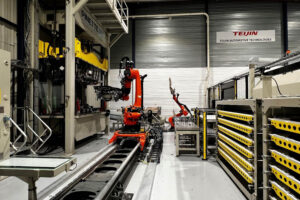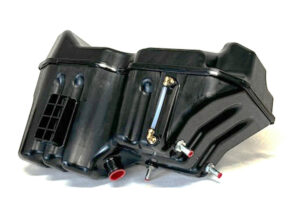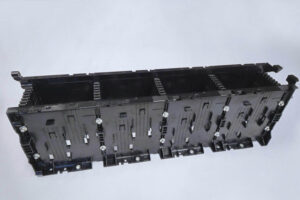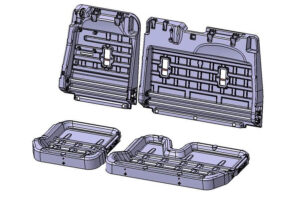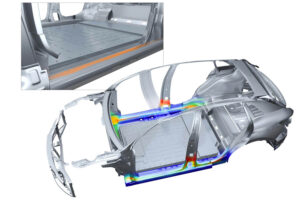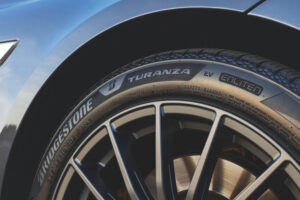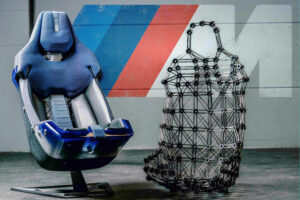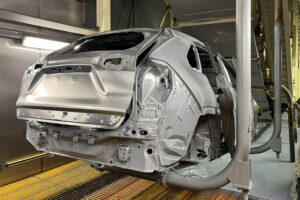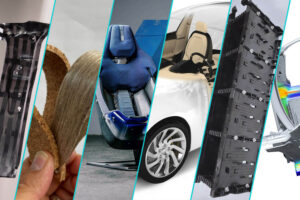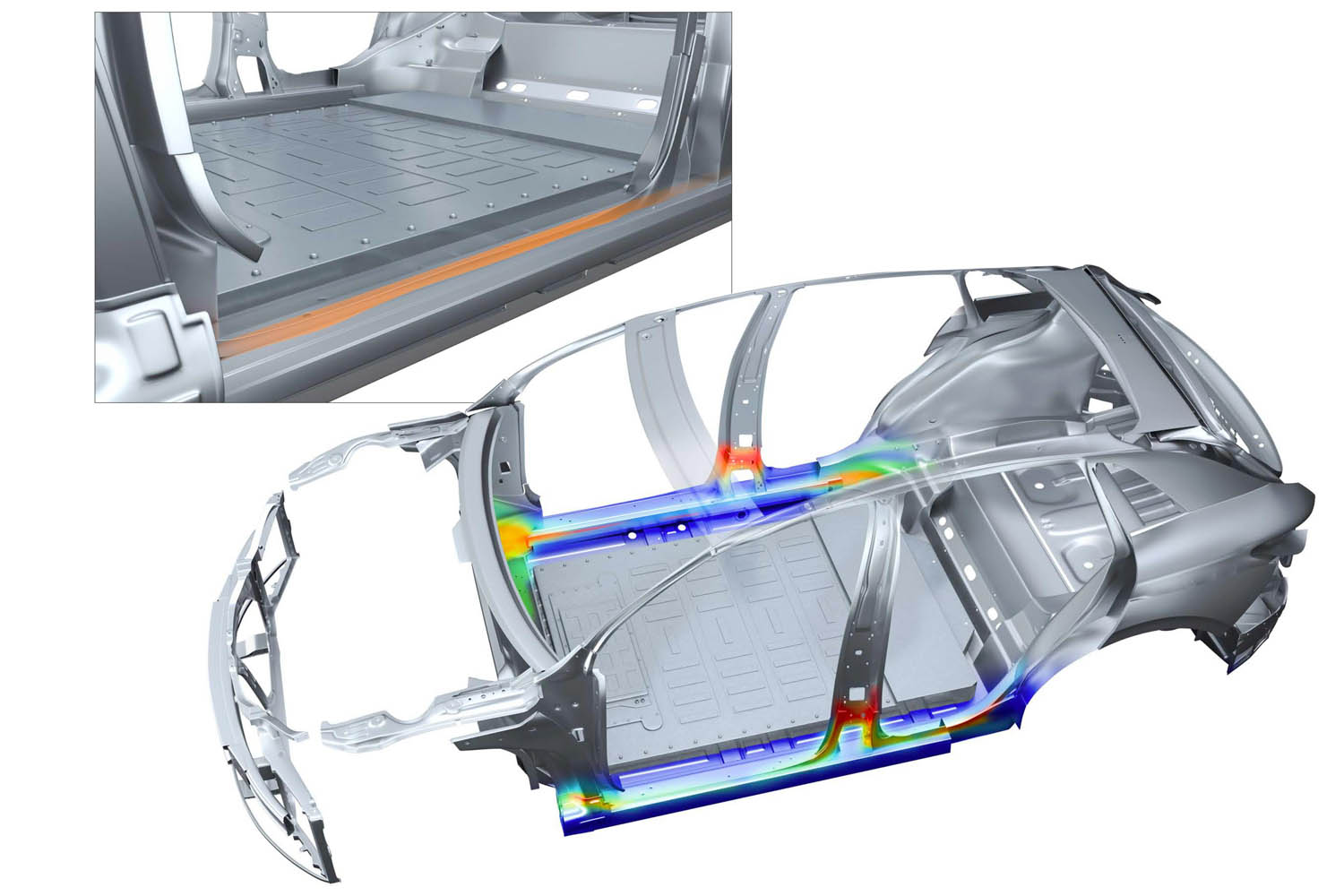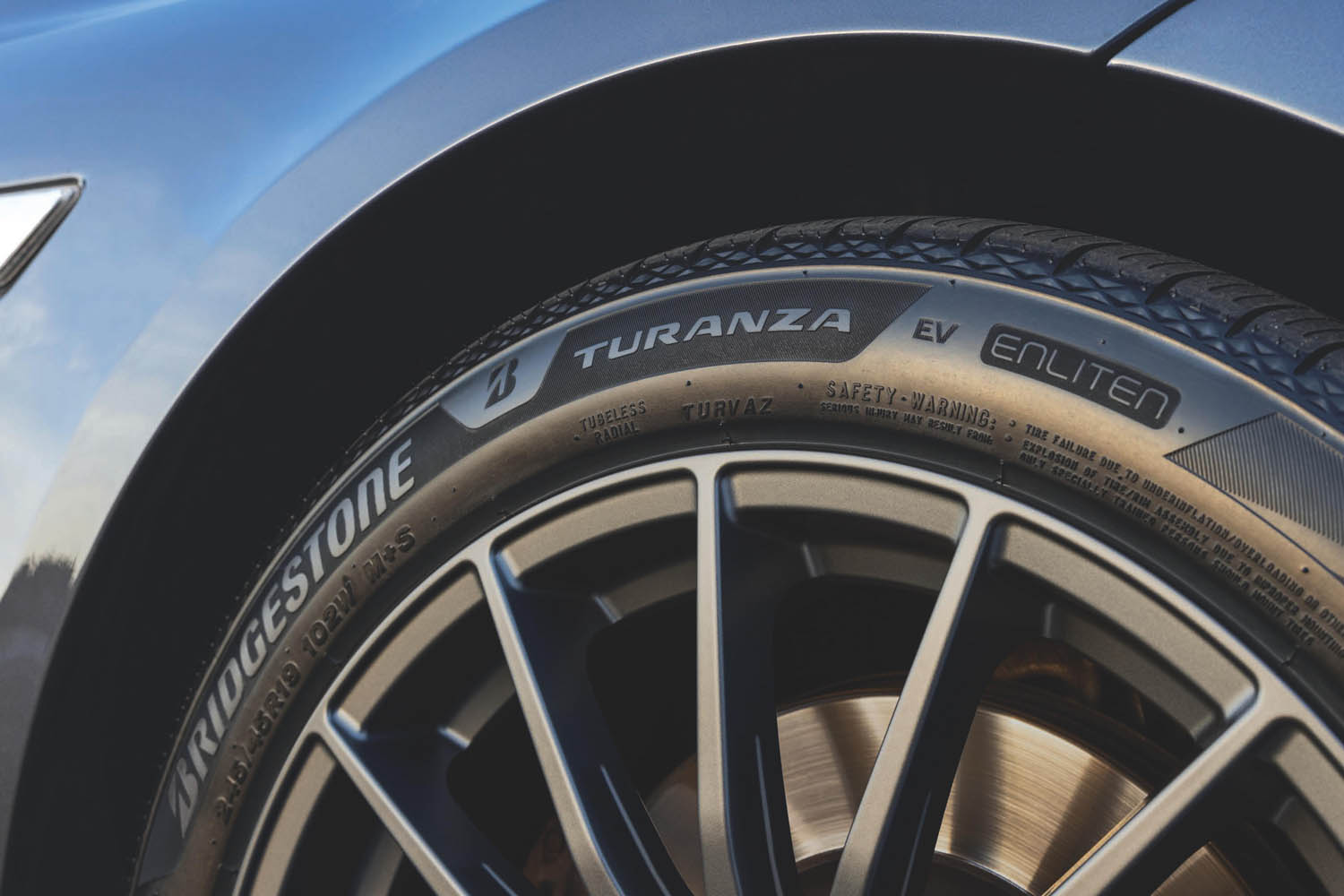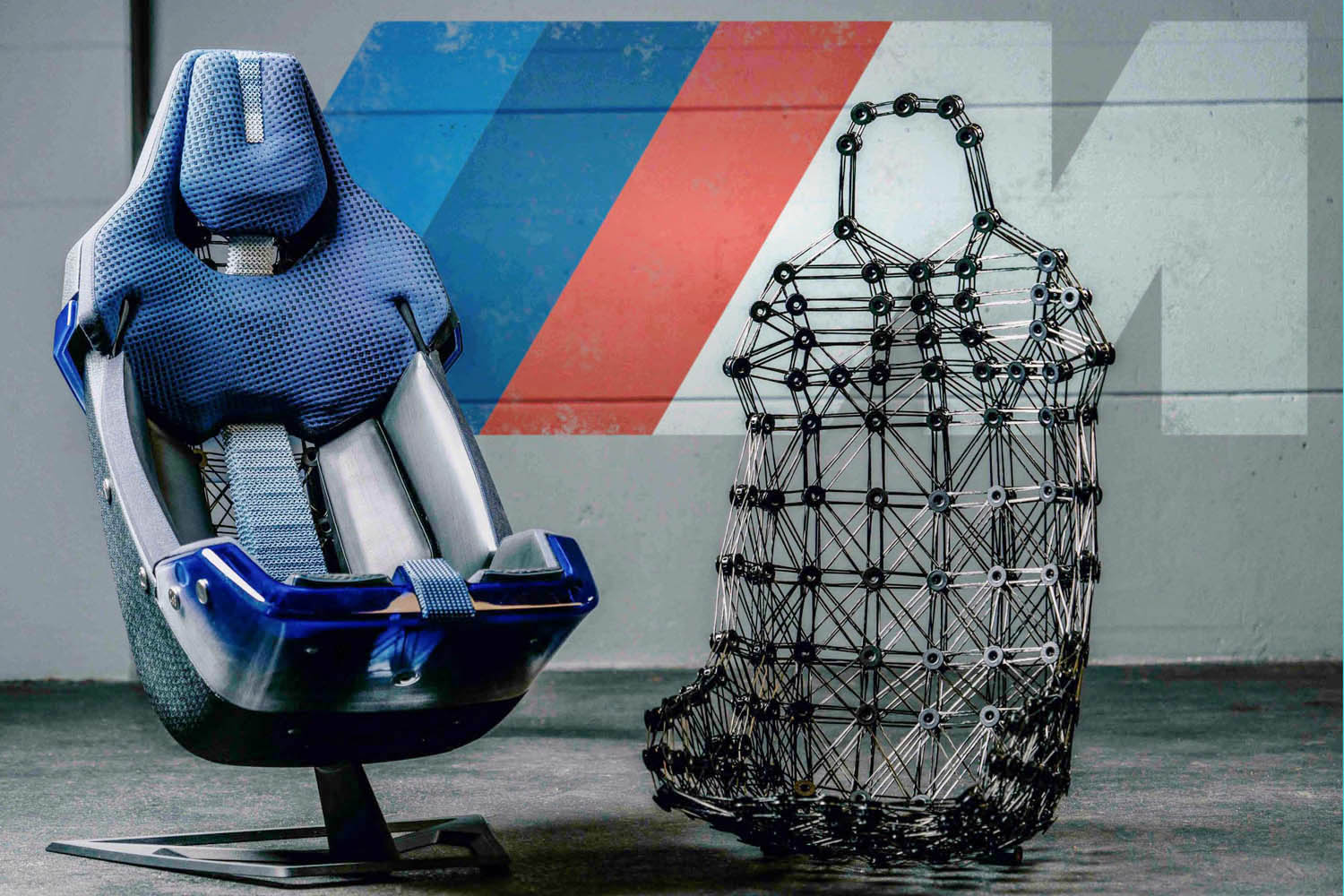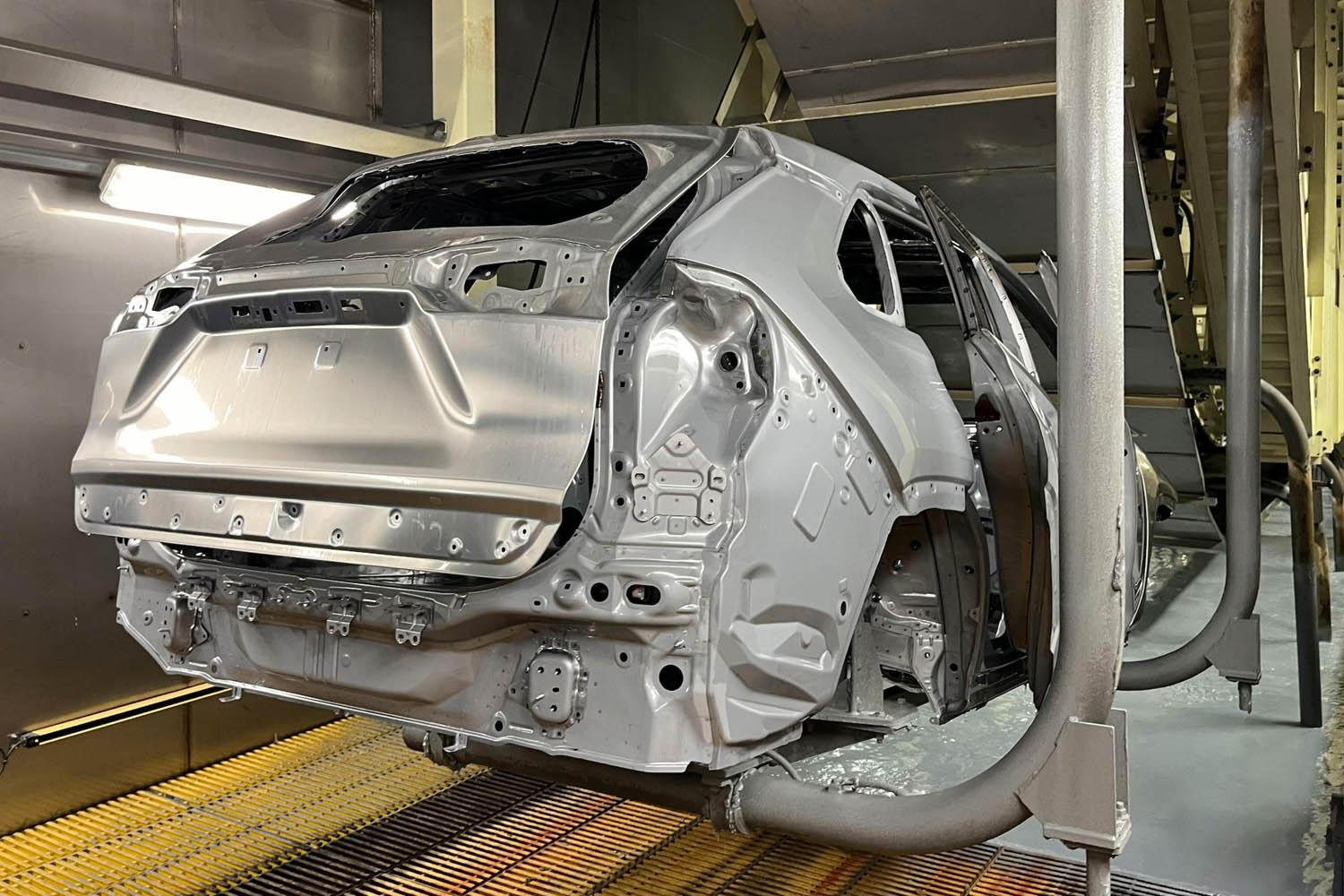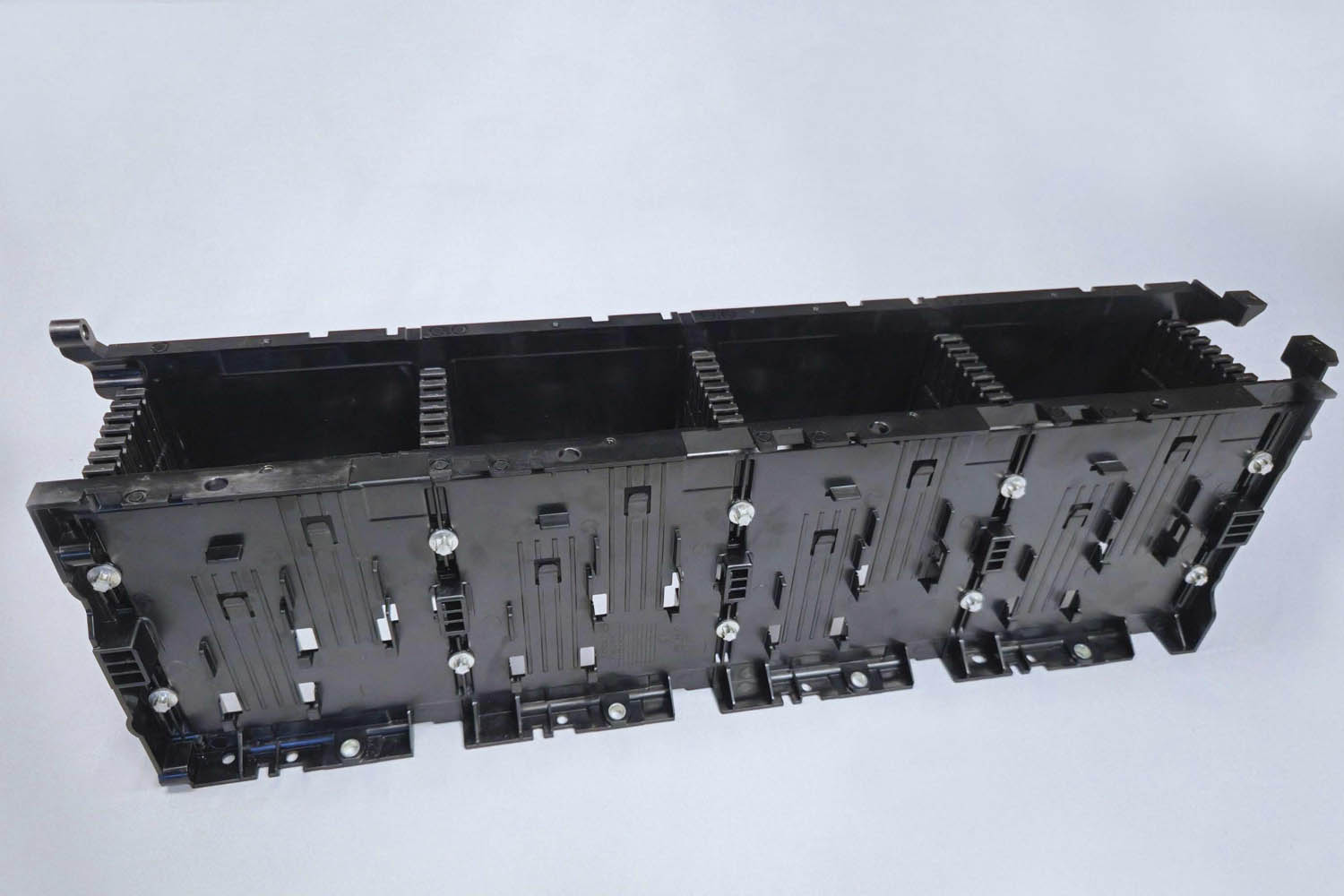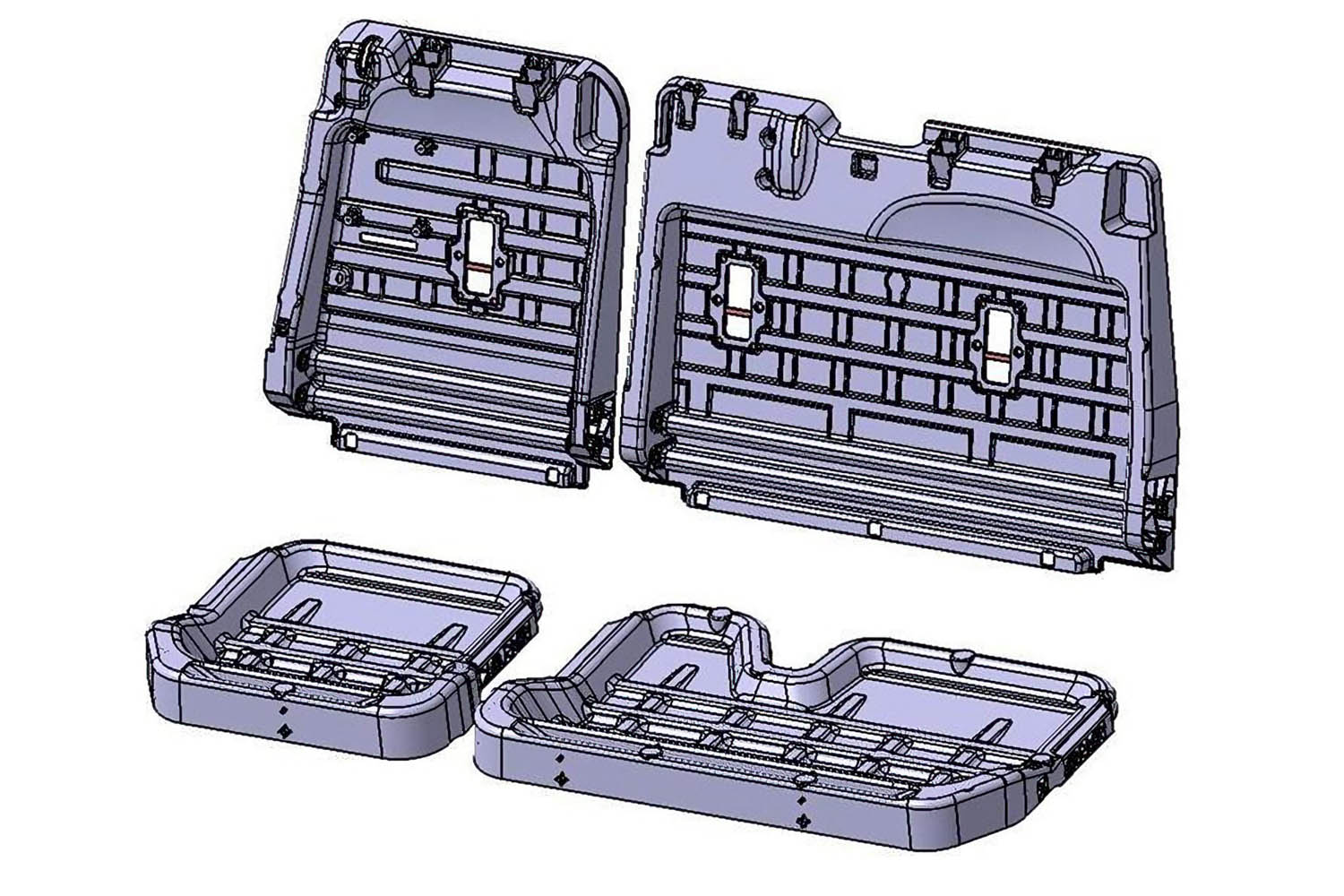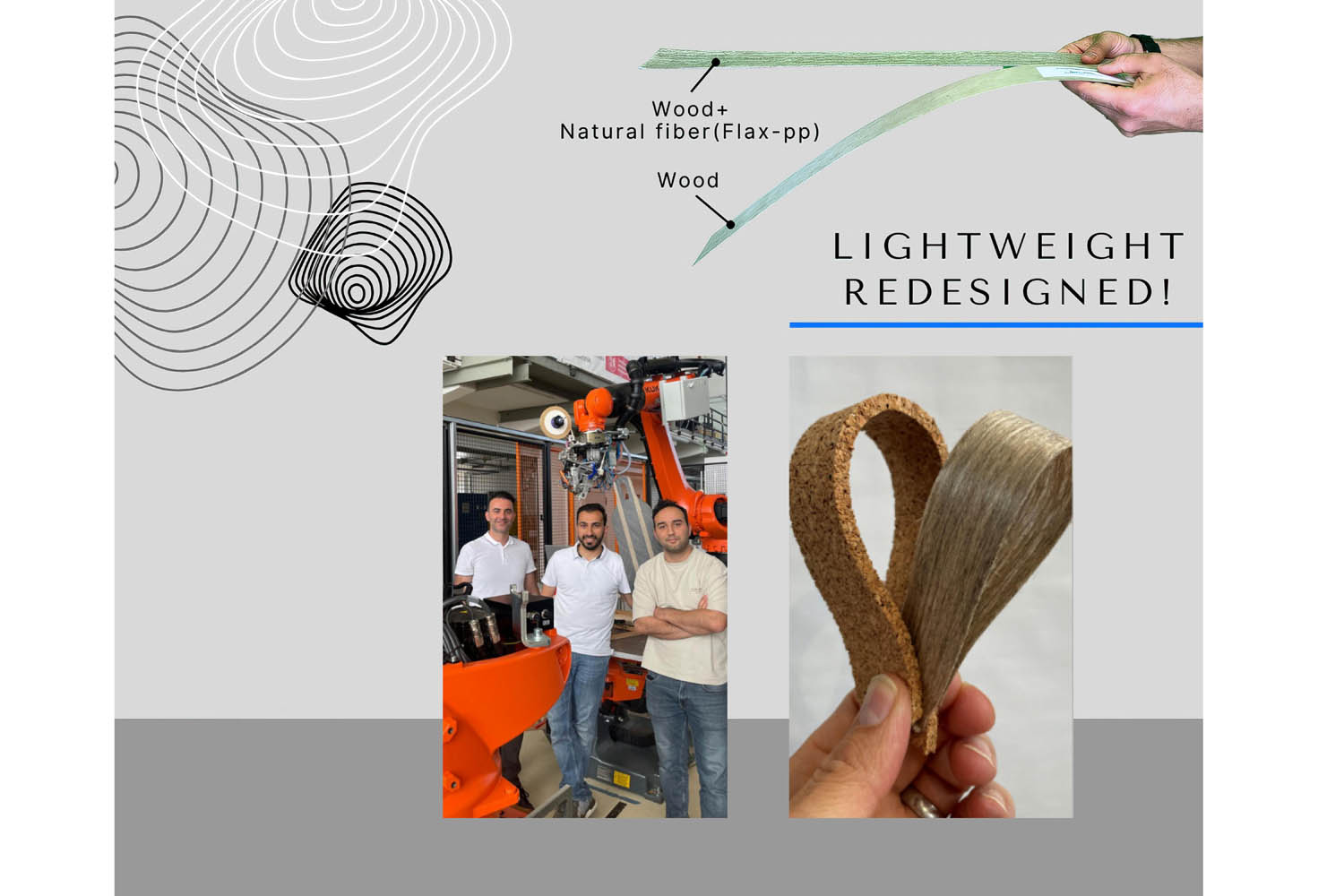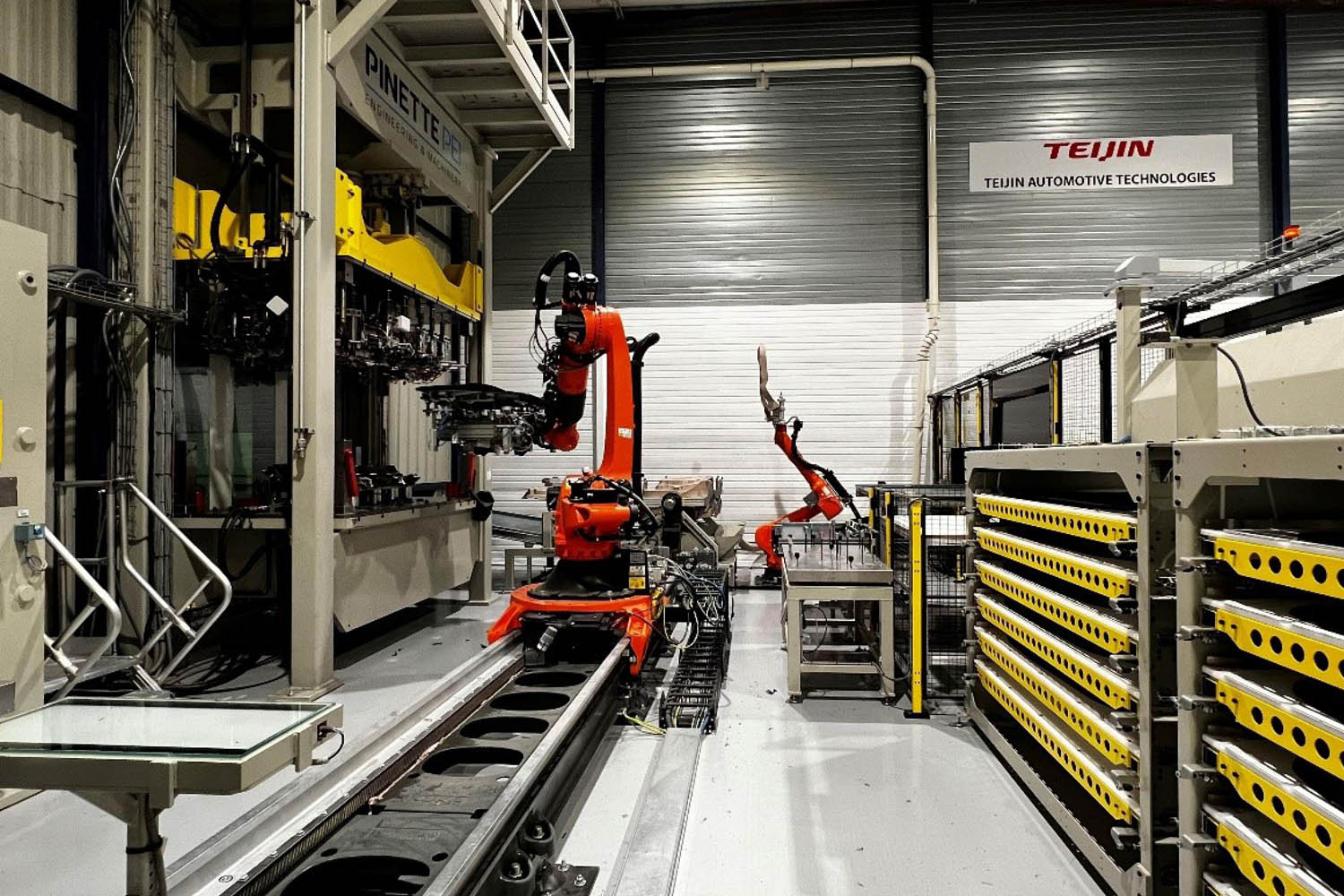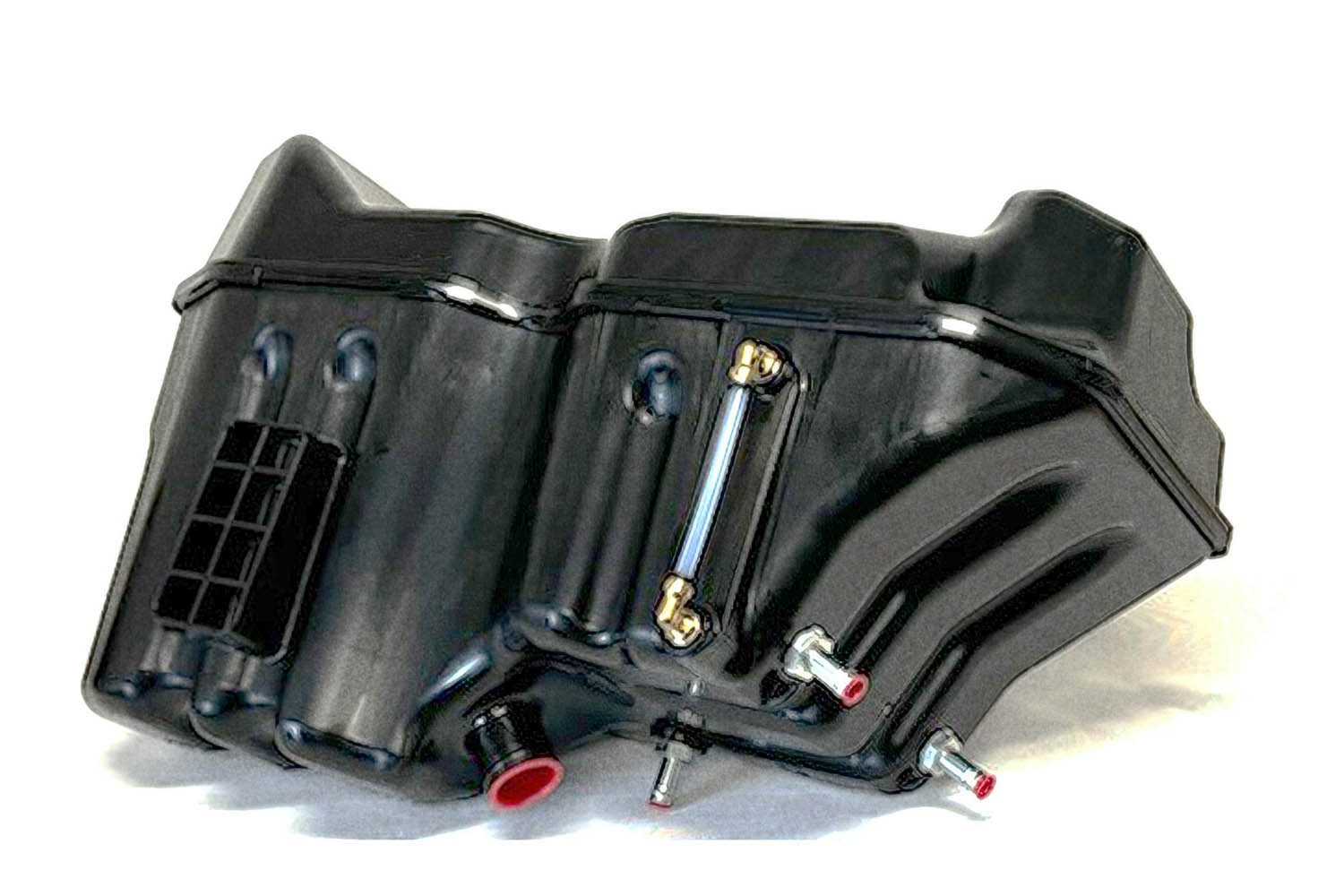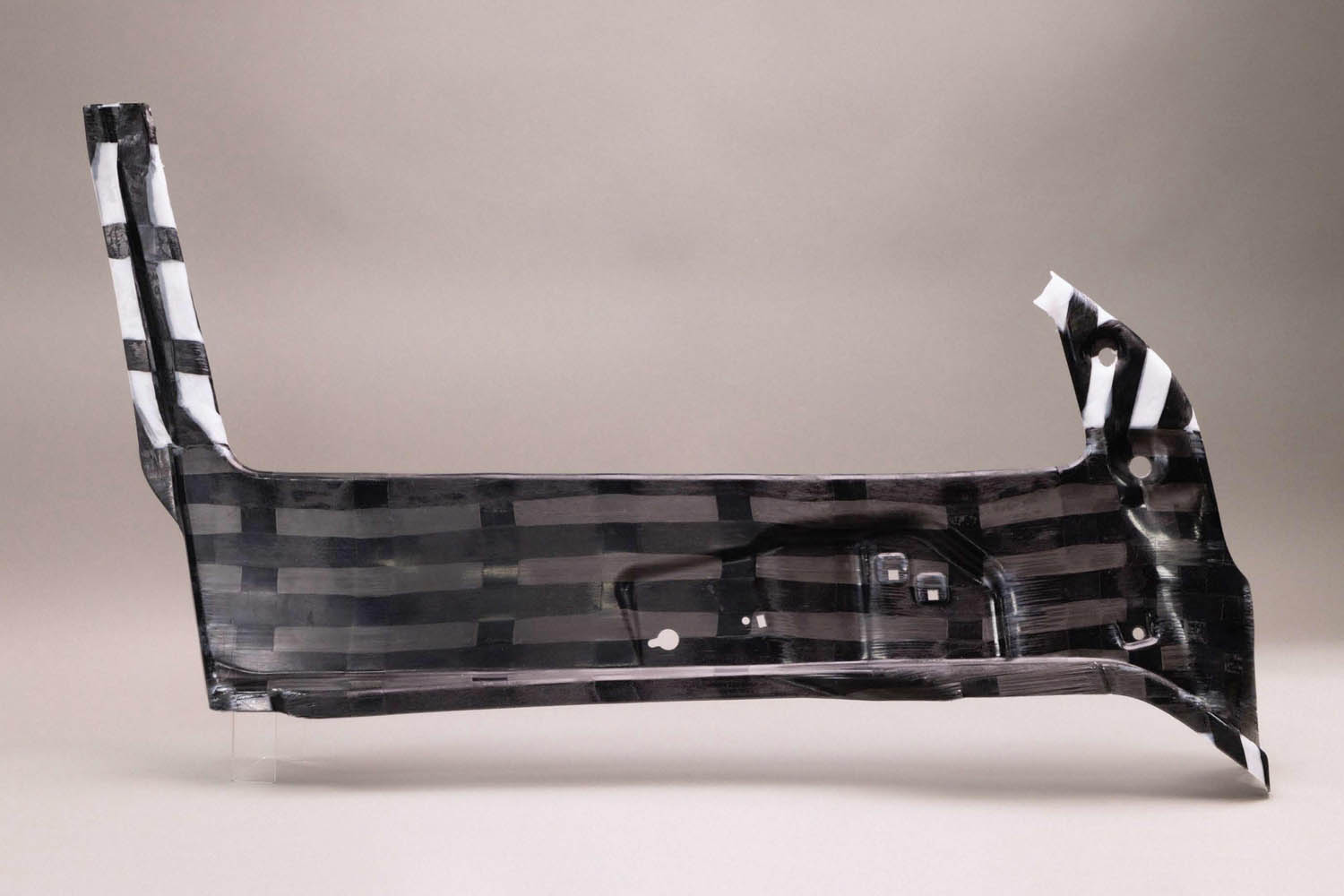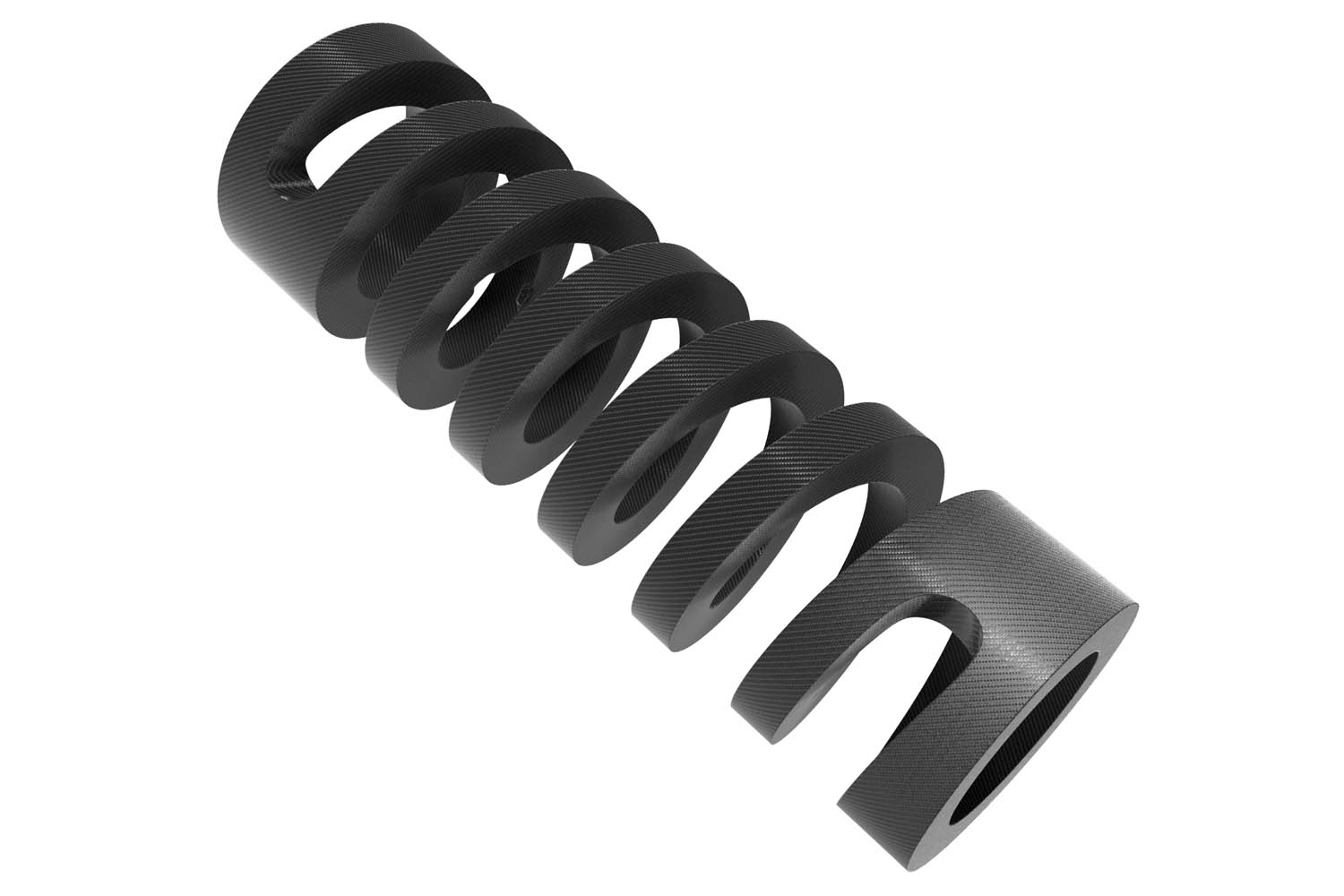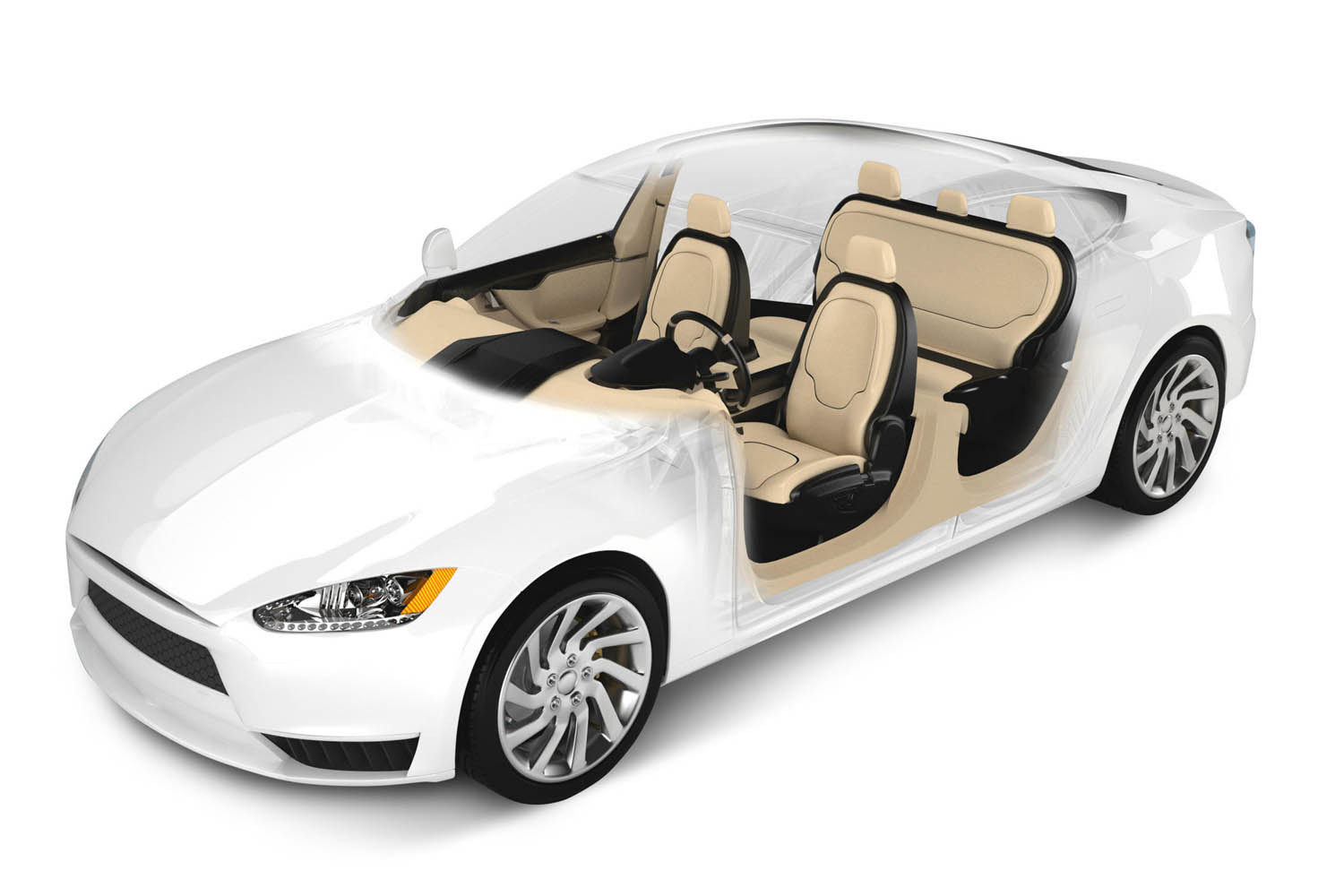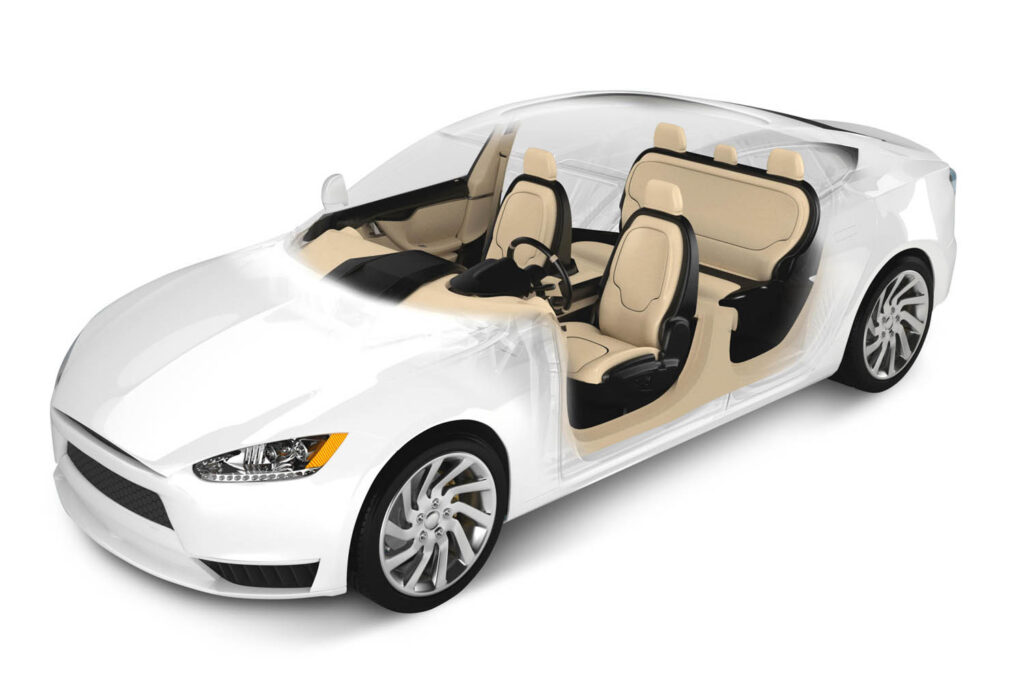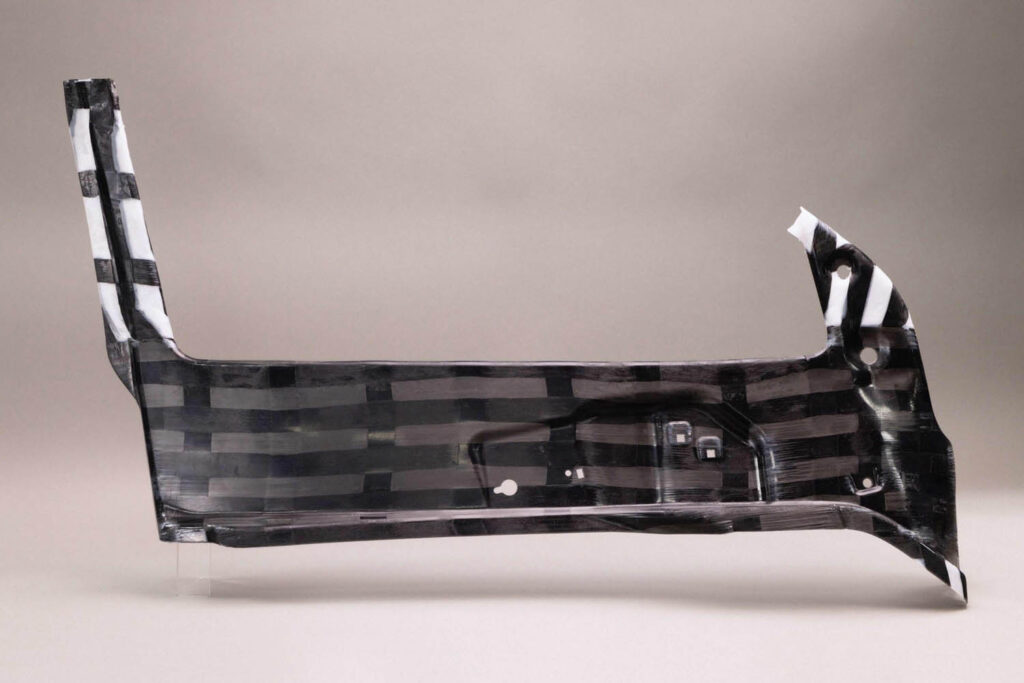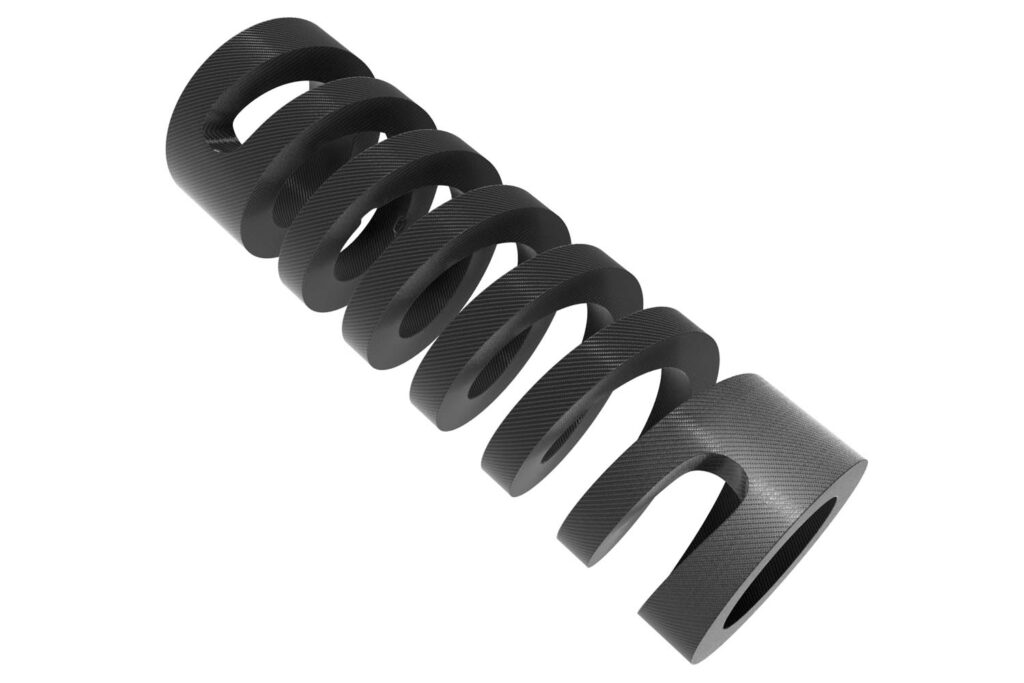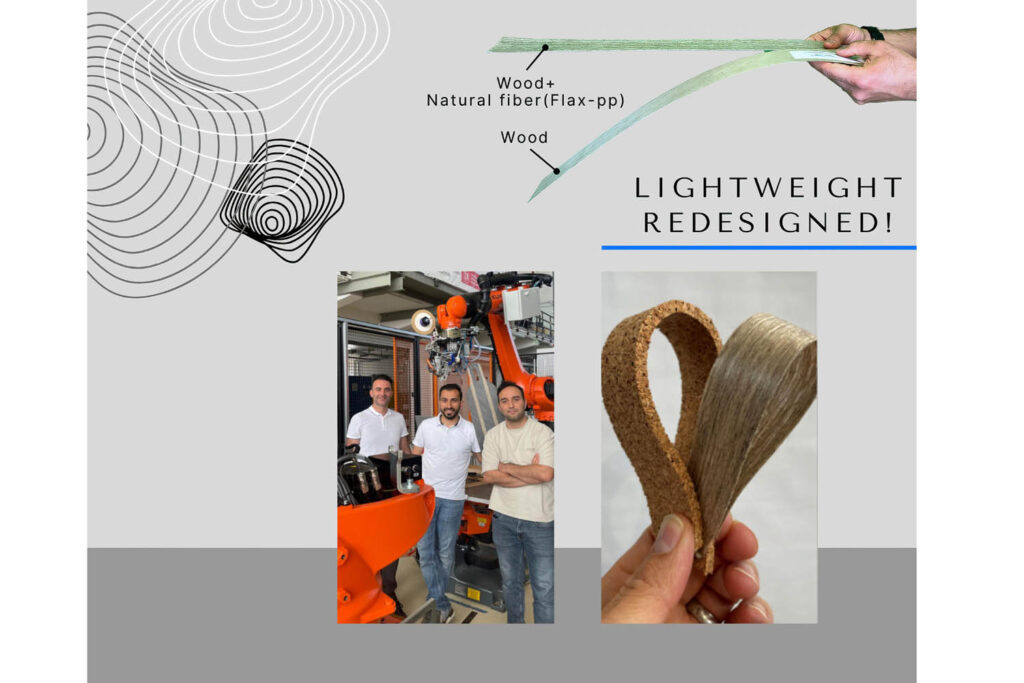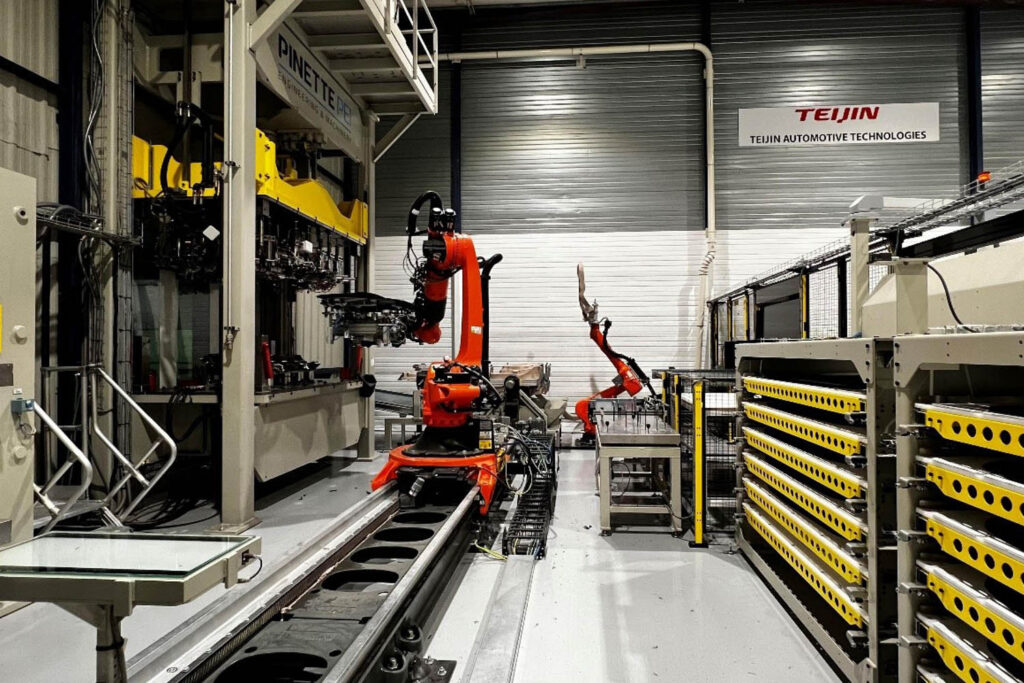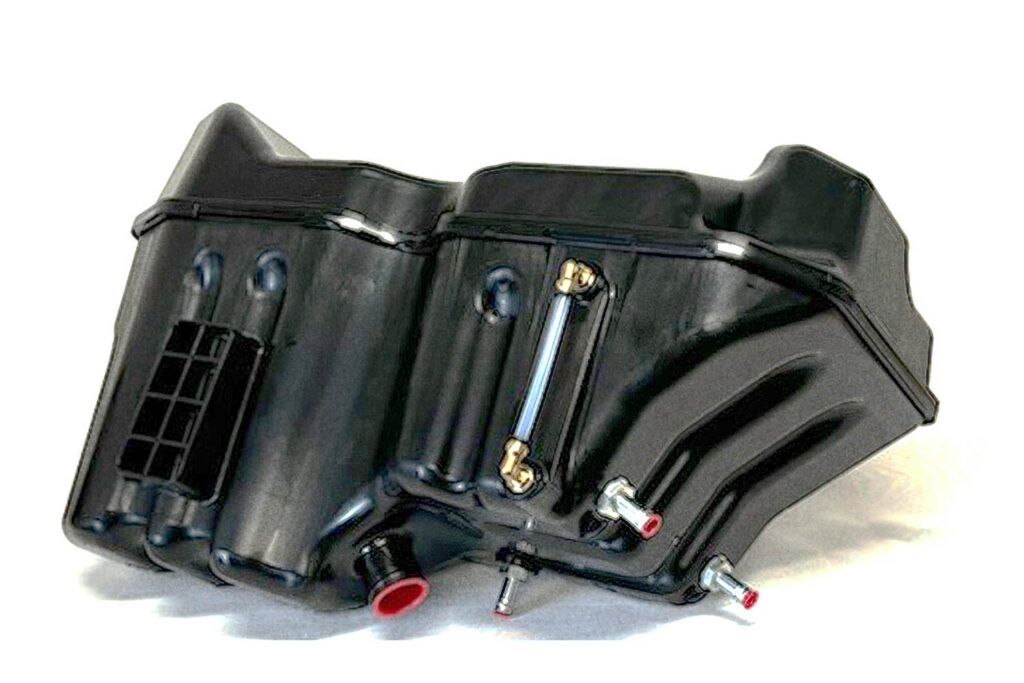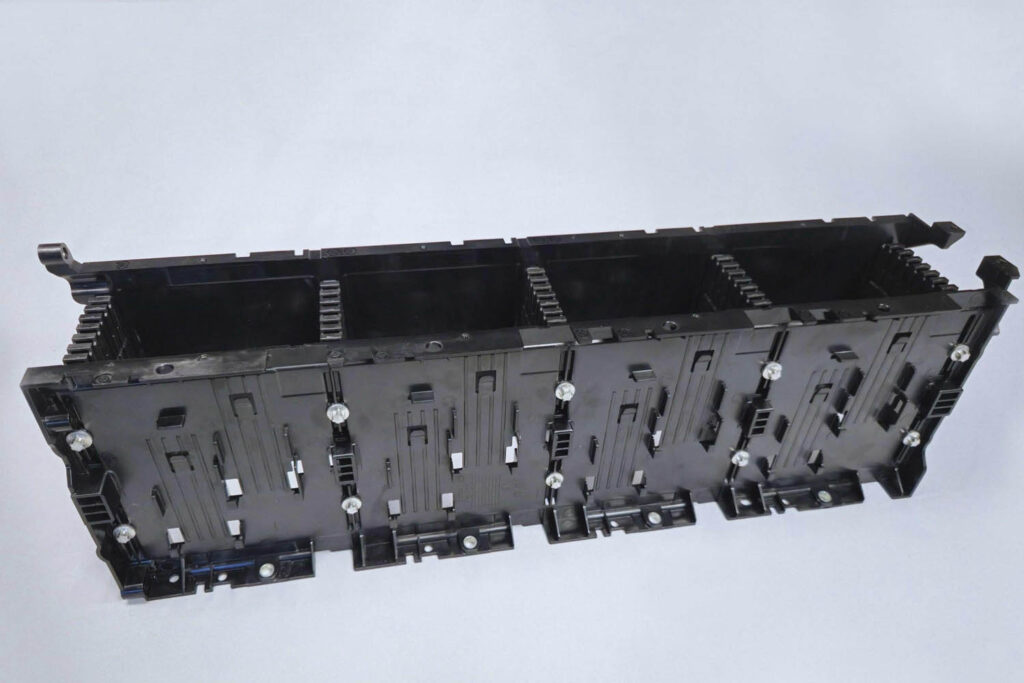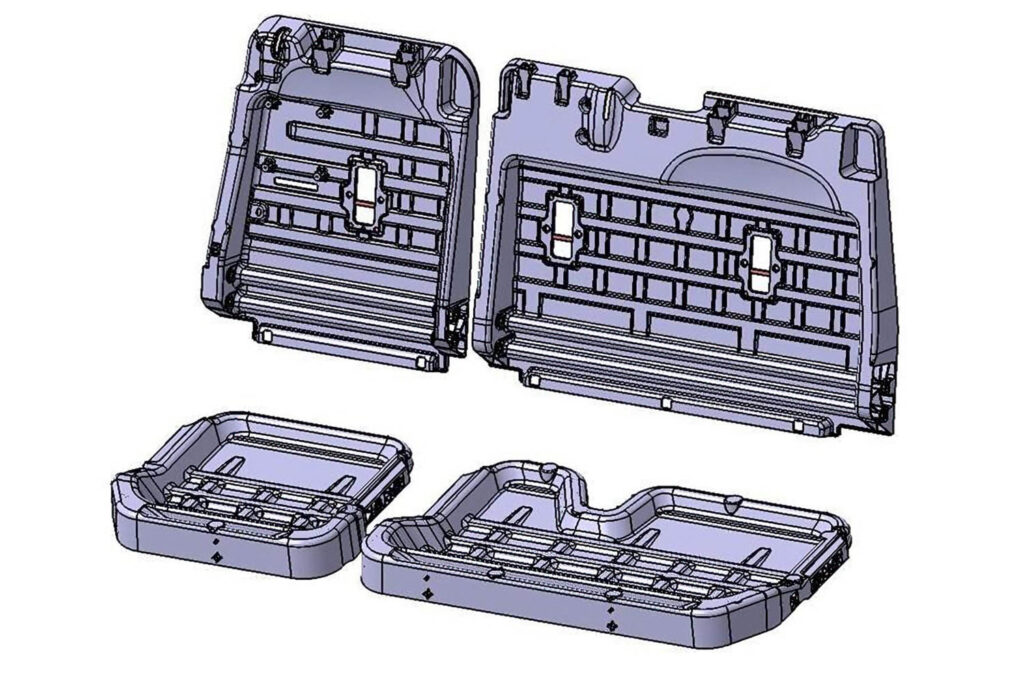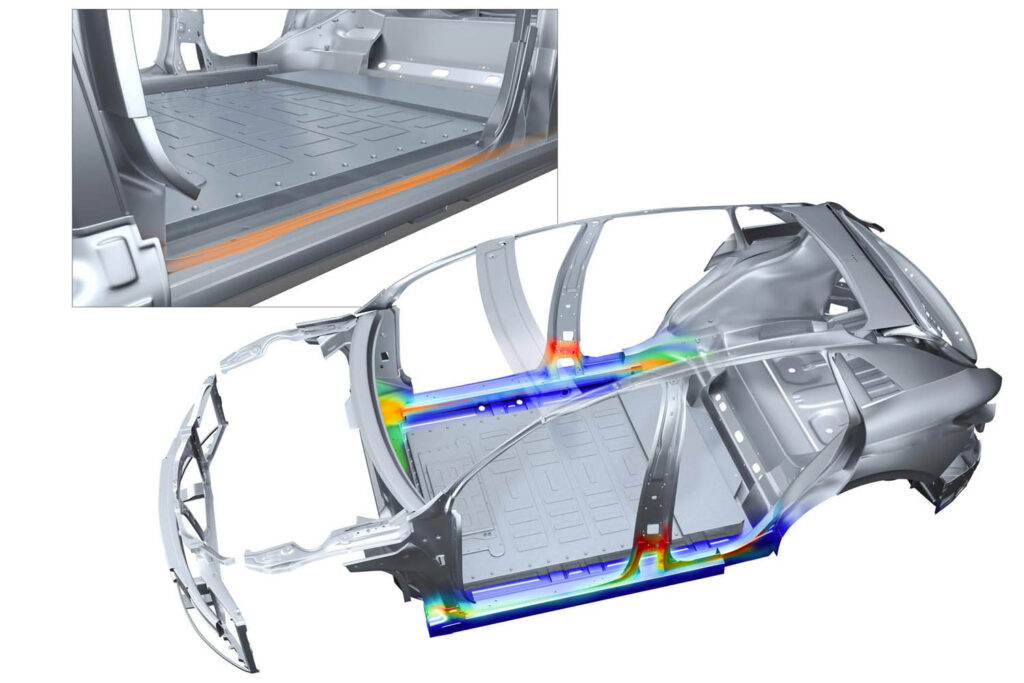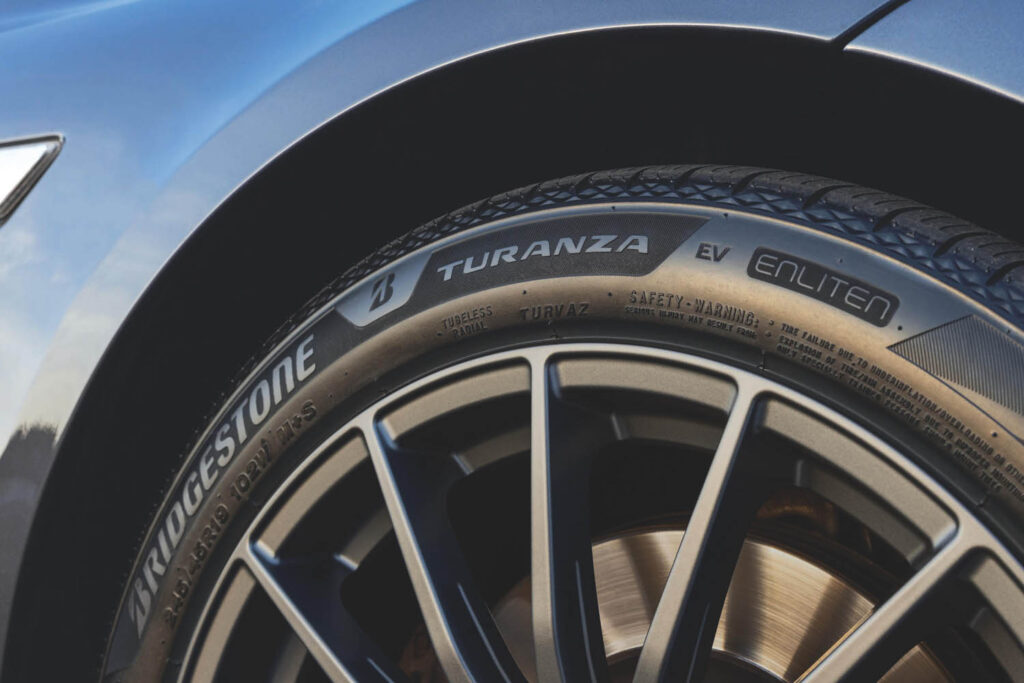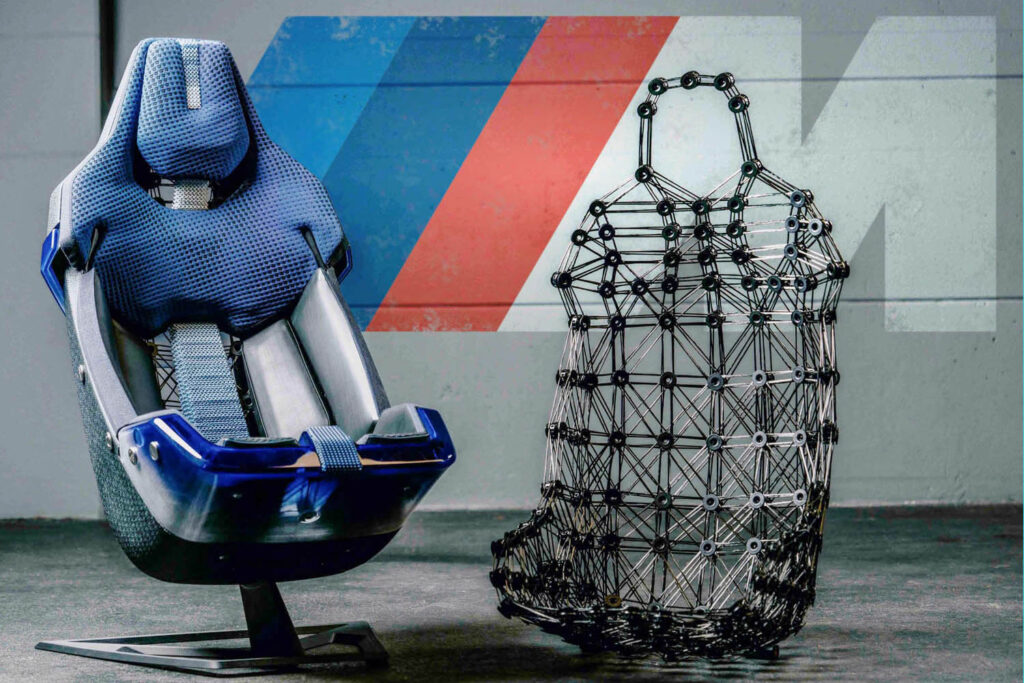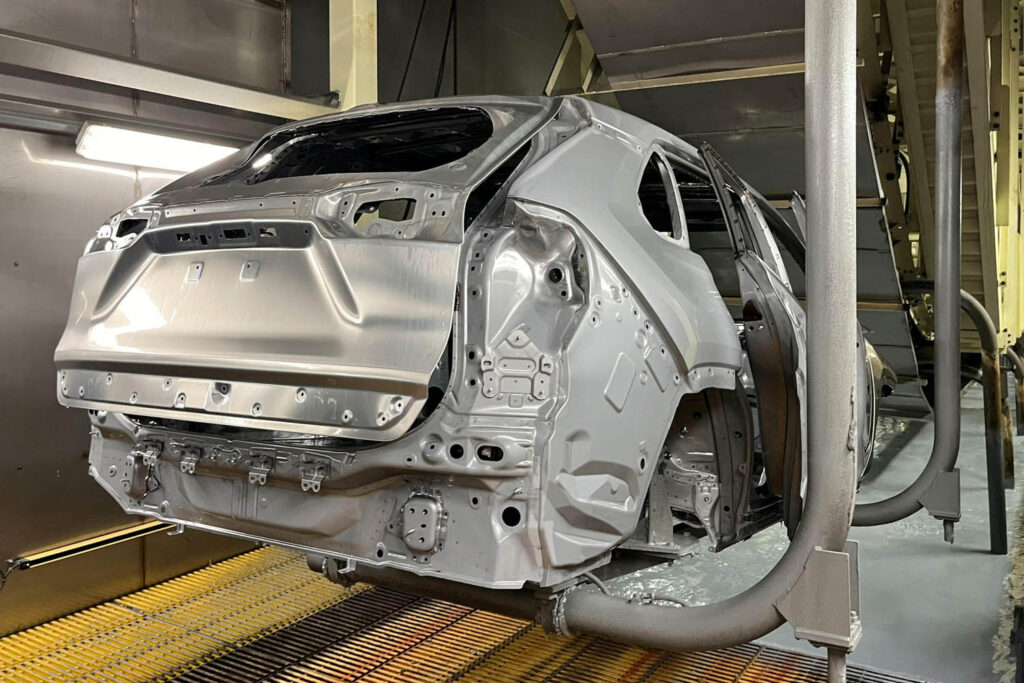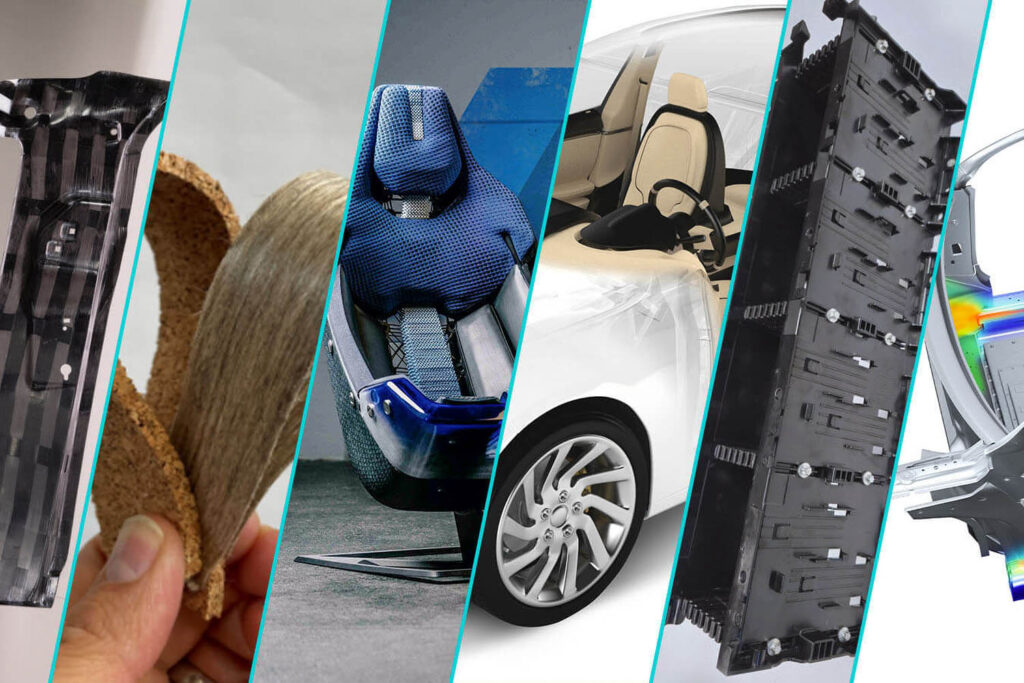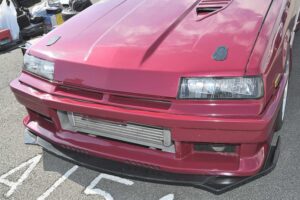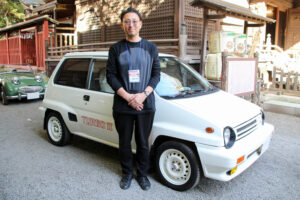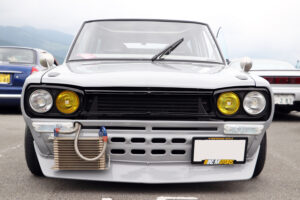Future technologies for sustainable lightweight from BMW M, Toyota, Bridgestone, GM, and others are honored
Altair Engineering, a global leader in computing and AI, announced the 2024 Altair Enlighten Awards winners on August 6, 2024. The award, co-sponsored by the American Center for Automotive Research, recognizes outstanding sustainability and lightweight initiatives that reduce CO2 emissions, water and energy consumption, and promote the reuse and recycling of materials. Let’s look at the latest technologies that are paving the way for the future of cars.
The Altair Enlighten Award for a Sustainable Car Future
Altair Engineering is a global provider of software and cloud solutions for simulation, high-performance computing (HPC), data analytics, and AI. Altair is tasked with enabling companies across all industries to compete more effectively, make smarter decisions in an increasingly connected world, and create a greener and more sustainable future.
The Altair Enlighten Award, which the company co-sponsors each year with the Center for Automotive Research, is an annual award that recognizes the most outstanding products that reduce CO2 emissions, reduce water and energy consumption, and reuse materials. Each year, the award showcases products, processes, and organizations that are paving the way for the next generation of groundbreaking automotive technologies.
The 2024 Altair Enlighten Awards were presented on August 6, 2024, to which James R. Scapa, Altair Founder and CEO, commented.
“The Enlighten Award is a leading award that highlights the automotive industry’s outstanding innovations in sustainable technology. We are pleased to once again recognize organizations that are creating a more sustainable future. We believe this year’s winners are the best innovators achieving challenging goals.”
Let’s take a look at the winning technologies in each category.
Sustainable Products Category Grand Prize: DuPont/DuPont Betamate Broadbake Adhesive Technology
DuPont BETAMATE Broadbake Adhesive Technology helps reduce energy use and greenhouse gas emissions during car body manufacturing by allowing adhesives to cure at lower temperatures. The technology also eliminates the need for cold storage due to a special formulation that extends shelf life, according to the company.
Sustainable Products Category Runner-up: Bridgestone America/TURANZA EV tires
The TURANZA EV grand touring tire is one of the top-selling aftermarket tires on the market, using 50% recyclable and recycled materials and Bridgestone’s ENLITEN technology to optimize performance and increase tire life. Bridgestone’s goal is to have all tires composed of 100% renewable and recycled materials by 2050.
Sustainable Processes Category Grand Prize: BMW M, AMC, Bcomp, Gradel Lightweight Sàrl, Lasso Ingenieurgesellschaft/BMW M Visionary Material Sheet
The BMW M Visionary Material Sheet focuses on circular design principles and sustainable materials. The seat features a mono-material lightweight design with an emphasis on the use of sustainable and renewable materials such as recycled polyester fibers, flax fiber biocomposites and alternative biogenic leathers.
We use algae and plant-derived fillers (such as chalk and cork) whenever possible, and create bio-based materials from petroleum-based raw materials. Composite materials can be carbon, basalt, fiberglass, and natural fibers as needed.
Sustainable Process Category Runner-up: Toyota Motor Manufacturing Canada and PPG Industries/EPIC 200X electrodeposition paint
The EPIC200X electrodeposition paint improves the corrosion protection of auto bodies while significantly reducing environmental impact. The new product and application process will reduce CO2 emissions by 3,500 tons per year at Toyota plants. Specifically, the new product will reduce the amount of paint applied per vehicle by 0.6 kg, and the new application process will save 5.626 million kWh of energy and 1.843 million gallons of water annually.
Module Category Grand Prize: Syensqo, General Motors/High-performance thermoplastic battery module construction
Syensqo and General Motors have collaborated to design an innovative high-performance thermoplastic battery module structure. Key features include precision injection molding for improved vehicle performance, streamlined component integration to simplify assembly, and a unique cell lock feature to stabilize the battery cells. In addition, the design eliminates multiple parts and processes to further optimize efficiency.
Module Category Runner-up: Toyota Motor Corporation, U.S. Farathane, BASF/Toyota Tacoma 2nd row composite seat structure
The Toyota Tacoma second-row composite seat structure is 30% lighter than the previous generation of steel seats and 20% lighter than the current plastic seats in the 2022 Toyota Tundra. In addition, more than 55 components have been consolidated into just four parts, reducing the time from injection molding to shipping.
Lightweight Enabling Technology Category Grand Prize: CompositeEdge / Next Generation Sustainable High-Performance Structure
CompositeEdge used natural fiber composites such as flax and hemp fibers mixed with plastics to minimize the amount of material used, and without the addition of adhesives, to form a high-performance structure for automated manufacturing of automotive body panels, interior trim, chassis components, suspension elements, etc. The use of natural fiber composites significantly reduces CO2 emissions and energy consumption compared to synthetic materials. Overall, the technology enables the manufacture of sustainable lightweight automotive components.
Lightweight Enabling Technology Category Runner-up: Teijin Automotive Technologies / Fully automated molding process enabling complex CFRP parts
Teijin Automotive Technologies’ fully automated preform process enables the mass production of carbon fiber preforms used in automotive parts, in this case, vehicle doors. The precision of the automated process optimizes material usage and allows for the recycling of small amounts of offcuts (waste). While the previous labor-intensive process was unsuitable for high-volume production and often resulted in unavoidable waste due to human error, the new process is much more efficient and reduces the labor required by 20%.
Lightweight Enabling Technology Category Honorable Mention: Bemis Manufacturing
Company and BASF / Large hydraulic tank for small excavators made of Ultramid polyamide from BASF
Bemis Manufacturing Company and BASF developed a large hydraulic tank for small excavators using BASF’s Ultramid polyamide, providing an eco-efficient solution that both protects the environment (reduced life cycle CO2 emissions) and reduces life cycle costs. In addition, by combining injection molding and vibration welding, the company has achieved a 5% mass reduction and a 20% cost reduction compared to conventional roto molding.
Lightweight Concept Category Grand Prize: WEAV3D, Braskem, Clemson Composites Center / Cost-effective lightweight body structure
WEAV3D, Braskem, and Clemson Composites Center have developed a composite lattice-reinforced polypropylene sheet that can be tailored to match the performance of any commercially available car body structure. Manufactured in a fast, highly automated molding cycle that produces more parts with less energy, the new sheet is 50% cheaper and 23% lighter than CFPA6 organosheet (nylon 6) and 60-70% lighter than steel. It also reduces trim scrap by 62% in weight. Compared to steel, polypropylene sheet has superior energy absorption and shape recovery.
Lightweight Concept Category Runner-up: Carsolia Composites Corporation / Composite Suspension Coil Spring by Carsolia
Carsolia Composites Corporation has introduced a patent-pending composite coil spring that is 50% lighter than steel. This carbon fiber composite material has 50% less CO2 equivalent per kilogram than steel, resulting in an overall 75% reduction in CO2 emissions, and manufactured with an efficient production process for high-volume automotive production, the spring also allows for unique exterior designs that were previously impossible. Battery Electric Vehicle (BEV) Platform Ideal for battery electric vehicle (BEV) platforms, the springs can be directly interchanged with current vehicles as a “bolt-on solution,” so no design changes are required, according to the company.
Responsible AI Category Grand Prize: Dow Inc./Sustainable SPECFLEX polyurethane solution
Dow’s sustainable SPECFLEX polyurethane solution was developed with an emphasis on using cleaner raw materials and developing unique design principles to optimize performance. Achieving comparable mechanical and aging properties compared to traditional formulations, these solutions are significantly safer and more sustainable with more than 50% lower total volatile organic compounds (VOCs), 60% lower formaldehyde, and 80% lower acetaldehyde. In addition, the AI Aldehyde Predictive Model captures odor factors and enables outcome prediction by translating complex nonlinear properties into real-world relevant performance characteristics, accelerating market response.





